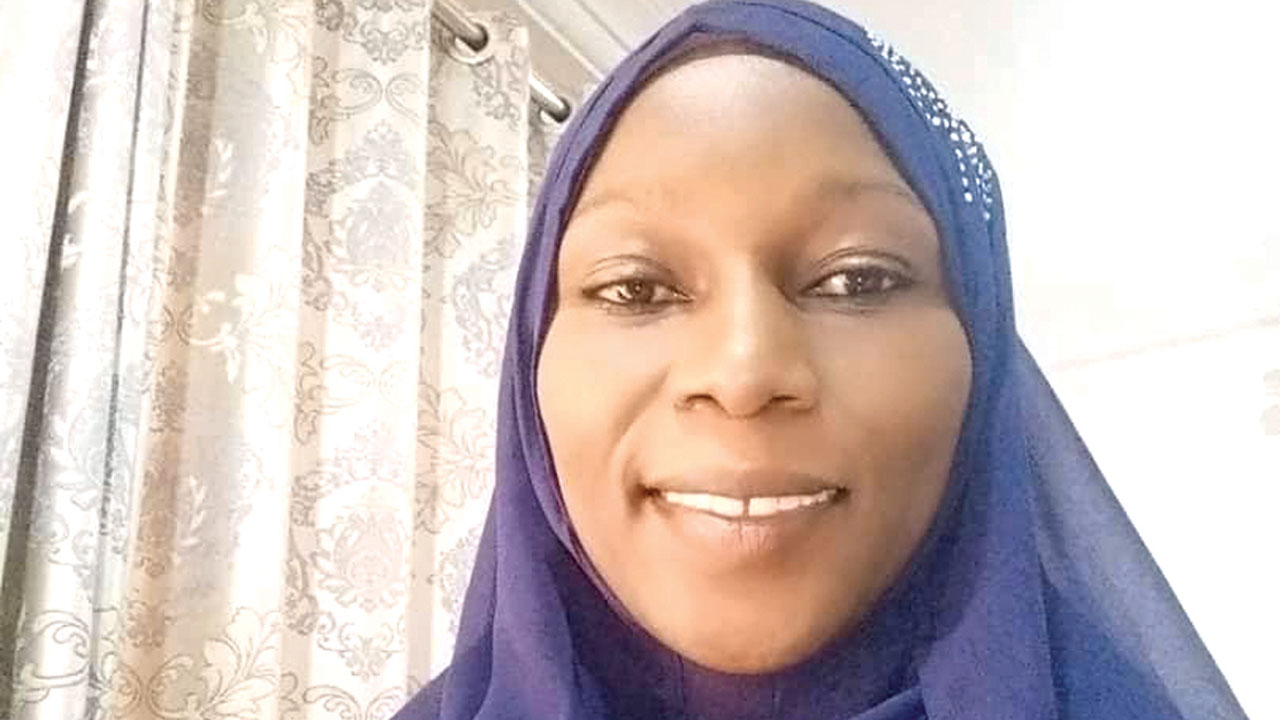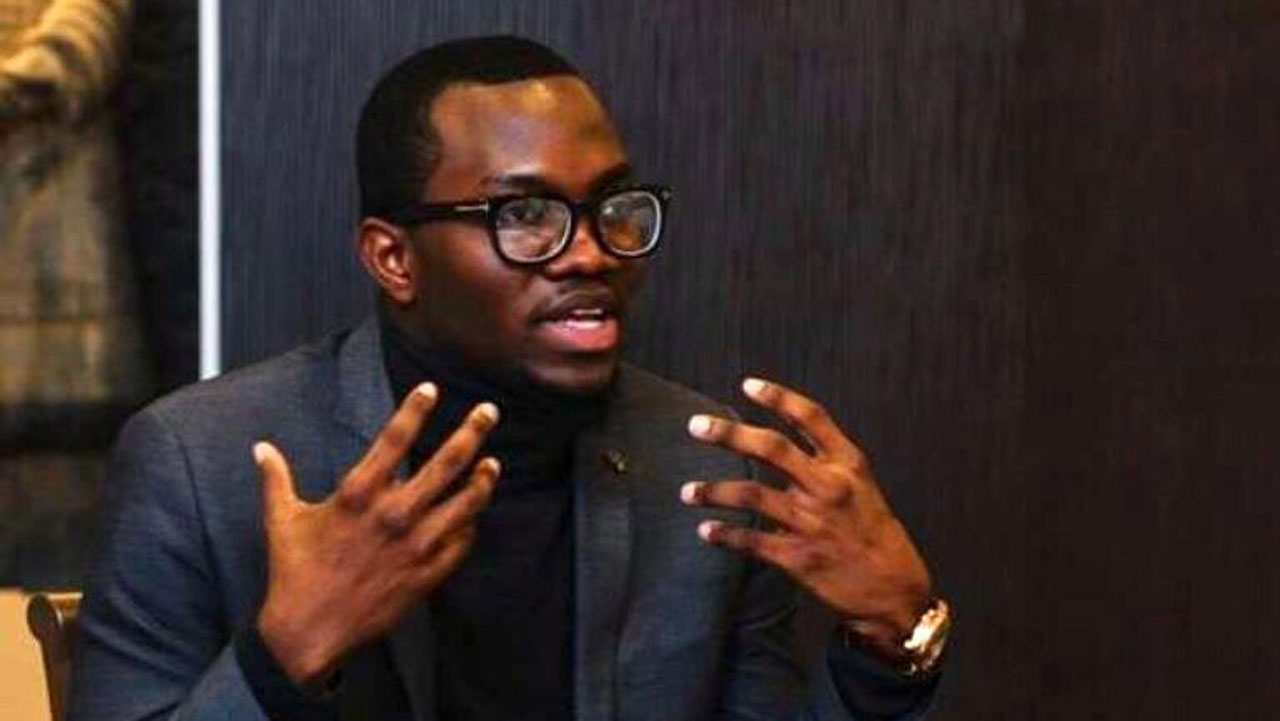
This year’s International Women’s Day (IWD) did not disappoint in pushing forward issues dogging women development to the front burner of national discourse. That might explain why, two days after the event, Nigeria’s Senate said it has resolved to amend the Constitution to ensure the gender parity, as well as enact laws to improve the fortunes of women and the girl child in the country.
The National Assembly also agreed to expunge certain provisions contained in the Police Act, Federal Character Law, Electoral Act, Labour Act and Political Parties Constitutions, which infringe on the rights of women in Nigeria.
These resolutions were sequel to a motion on IWD, titled, “Women in Leadership: Achieving an equal future in a COVID-l9 world #Choose To Challenge”.
Although these lofty promises sound encouraging as steps in the right direction, some women-centered groups and activists seem not to be carried away. They say they prefer to see the bill passed first, since according to them, this is not the first time it has been brought before the Senate, where each time, it had been defeated during voting.
Decade Long Delay
Record shows that Senator Chris Anyanwu the gender parity bill was first introduced in 2010. In 2012 it was mentioned in Gender in Nigeria report.
However, this version of the bill had its first reading in October 2015, but the first time the public heard of the bill was on March 15, 2016, when it failed at the second reading. Gender activists saw the development as a sort of betrayal, especially coming a week before the IWD, with gender parity as the global theme.
Also, five years ago, the Senators had, at its plenary session, voted against and ultimately dumped the “Gender Parity and Prohibition of Violence against Women Bill” (which was culled out of the Gender and equal Opportunities Bill). It failed to pass its second reading.
The bill was intended as legislation to eliminate all forms of discrimination on the basis of sex and gender in private and public spaces, to affirm women’s rights to equal opportunities to realize their full potential. It also aimed at providing protection for their bodily integrity and human dignity by giving effect to chapters II and IV of the 1999 Constitution of the Federal Republic of Nigeria.
Perspectives
Programme Officer, Nigeria Women’s Rights Advancement and Protection Alternative (WRAPA), Zainab Abdulrasheed, in her reaction said the President of Senate’s statement on IWD is most welcome as it is imperative that Nigeria gives her women equal opportunity to participate in decision making.
Her words: “My expectation is to see an inclusive constitutional review that supports and ignites deliberate commitment for citizens especially women to show up to their constitutional roles and be part of governance and hold government accountable in ways that can be sustained overtime in Nigeria.
“We would want to see a society that supports the voices of the marginalised who largely constitute women and influence policy shifts and reforms that reflects their voices which would also promote and increase responsive and accountable relationships between policy makers and the citizens.
“My expectation is to see that the Gender and Equal Opportunities (GEO) Bill 2016 is enacted. WRAPA, all groups and Civil Society Organisations and other advocates for the bill want to see that women’s rights, which are human rights, are protected across board by the passage of this bill and full domestication across all states in Nigeria.”
While she called on the Senate to uphold its commitment, the programme officer urged them to consider women’s issues critically during the reviews and the potential reforms of various policies of the government that affect women’s well being.
“The government must prioritise women’s political participation at this point in Nigeria as the political participation of women, both in elective and appointive positions has spiraled downward since the country’s return to democracy in 1999. The national average of women political participation in Nigeria has remained a meagre 6.7 per cent in elective and appointive positions and the legislative chamber, women fill up only 5.6 per cent and 6.5 per cent on the membership of the Senate and House of Representatives, respectively. This is far below the global average of 22.5%. Of the 36 ministerial appointments made by this administration, only five (13.8%) are women. Nigeria is yet to elect a female governor in any state.
“A related amendment to grant women the right to adopt either the state of their husbands or their state of birth for consideration for appointment or elections also failed to pass, this is a big challenge against women’s access to political bodies.
“Democracy is contingent on the strength of the voice of the citizenry and reflected in the actions and responsiveness of the leaders mirroring that voice. The amendment process, which was spearheaded by the Eighth National Assembly was conducted without due consultation with Nigerians, which shows a retrogression in the process adopted by the Seventh Assembly.
“In the review of the national gender policy and other similar policies, external groups like CSOs and other professional groups should be granted genuine space to contribute to the process. This will ensure engagement with the relevant committees preferring advice on the implication of decisions made and influence the agenda, this is because transparency, openness and process that foster confidence and trust is crucial for the credibility of any democratic process and it’s practices,” she explained.
Abdulrasheed noted that if this amendment eventually works, the impact it would have on the overall campaign for gender parity in Nigeria would be unquantifiable.
A cursory look at the history of the journey to eliminate discrimination against women, promoting equality and inclusiveness in governance shows that there has been considerable delay in the process. For instance, the Convention on the Elimination of all Forms of Discrimination against Women (CEDAW) was signed since 1985, but it is yet to be domesticated in our laws due to ‘constitutional constraints’.
This legal instrument unanimously affirms the fact that all humans are born free and equal in dignity and rights, without any distinction of any kind, including distinction as to sex.
It also recognizes the fact that discrimination against women is incompatible with human dignity and with the welfare of the family and of the society, prevents women’s participation on equal terms with men, in the political, social, economic and cultural life of their countries and is an obstacle to the full development of the potentialities of women in the service of their countries and of humanity.
The GEO Bill has seen several Senate plenaries and has been thrown out severally amidst differing opinions among the Senators ranging from cultural to religious beliefs, with some even claiming it was unconstitutional, a fact an International Development Specialist, Opeyemi Oriniowo describes as beyond disappointing.

He declared: “Under former Senate President Bukola Saraki, despite all the push for the bill at the Eighth Senate then, it remained stuck at committee level. We had several commitments from Saraki, Lawan Ahmad is now making the same promises, but we have moved beyond promises and assurances, we want to see concrete steps, because that is what they all say, but leave it stuck at committee level.
“The GEO Bill is pertinent to women empowerment regarding employment, access to healthcare, widowhood rights, inheritance and so on. It’s important that we begin to see traction on some of the bills hanging especially this Bill, which significantly captures some of these issues.
“Violence against women and excluding them from key processes, such as governance, can be seen clearly in our electoral processes, which has become increasingly violent and marred heavily by vote-buying.
“This is more or less a failure of democracy and it defeats its purpose in itself. I think in terms of addressing it, the Electoral Act must put a cap on how much money candidates and parties spend on an election and enforce it. Violence and godfatherism go hand in hand and there has to be consequences for people caught rigging. Leaders who fund violence must face the consequences and this is imperative going into 2023if we are to see more women partake in election processes.
“We cannot overemphasize the importance of inclusion, when people talk about inclusive governance or women’s participation, we talk about it from the angle of benevolence, like we’re doing a favour to women. We haven’t realised that it makes sense economically, because the more empowered women we have in enterprise and leadership, the better we would be.
“Let’s liberalise decision making, let’s have a different perspective in terms of healthcare and service provision that women are primary caregivers in this part of the world and they are not on the table to make policy decisions that have to do with healthcare service delivery or maternal health and this is just one of the issues that pertains to them. Even when it comes to the military, there’s nothing stopping us from having women at these levels, as it is a fact that they bring fresh perspectives to decision making. It is of economic interest for us to have more women included as it creates more opportunity for government to task income revenue. Inclusion is the only way to grow.”
In Nigeria, it is ‘unthinkable’ for many that a woman ranks at par with her male counterpart on any front, a parity that is prevalent in all areas, including politics and representation.
The Chief Executive Officer (CEO), Nigerian Women’s Trust Fund (NWTF), Mufuliat Fijabi said it is shameful that in 2021, less than five percent of women are in elective positions at the national assembly.
“It is no wonder we cannot get some bills passed because where are the women needed to ensure they scale through? It is my hope that the on going constitutional and electoral review process will not end without the necessary inclusion of clauses that will change the narrative for better on women’s inclusion and affirmative action in Nigeria and I would like to see a new dawn in Nigeria brought about by the new progressive inclusion of clauses in the constitution
“The Senate should lead the process of inclusion of clauses that can equal the playing field for a balanced representation and participation. It is not enough to tell organisations and bodies to be more inclusive, they have to first include it in the law and set a good example. It is a pity that Nigeria is not on the right side of the table on women’s inclusion but with or without them, we are pressing on with inclusion and affirmative action for Nigerian women,” she said.



